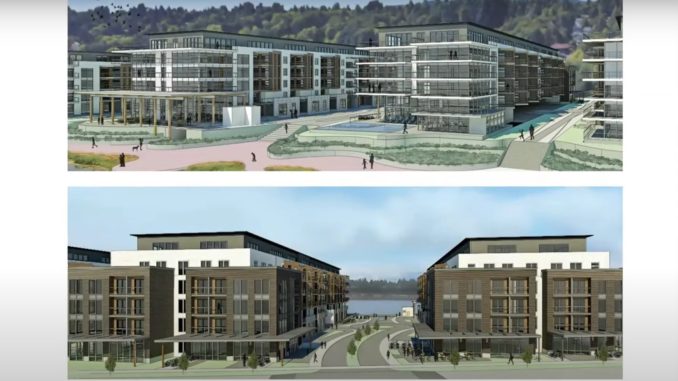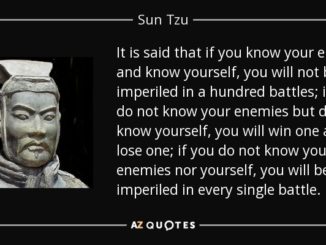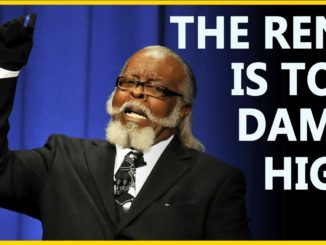
I’m trying to make sense of the property situation in my town. And it gets confusing. I’m interested in where there is common interests, shared alliances and deals with problems. In the dealing with problems I’d like to think that there are no losers, only winners, although that takes a quality of mind and an acceptance of trade offs.
I want to draw up this whole mess visually. And I started to. However there are a lot of details eventually. The end result would look like a drawing of a complex chemical except with absurd overlays. Maybe I’ll get to it but for now I’ll just write.
The main debate deceptively feels like an argument between home owners and developers with individuals and organizations taking sides and money flowing in accordingly. The narratives being pushed by each side paints themselves as heroes and the other side as villains although there is quite a bit of nuance as well. Straight off the bat, I can tell you that I generally question more the narrative of the smaller group of very powerful multimillion dollar developers. To not question that narrative immediately goes against a basic understanding of how power works and the strength of the incredibly rich and powerful over decision making.
Walker John is one such local developer. He comes from a family of developers in the region. A family of landowners. A family of landlords. Landlords who build new buildings. At the end of the day “Developer” is a term like “Executive Producer” on movies, they’re the money bags. You don’t go to college to be a “Developer” because you can’t get there by study you get there by money. You can go into the trades and learn how to build, you can become an architect, you can become a business major and ll these things will definitely help, but to be a “Developer” you have to have money. In rare circumstance you can become a “Developer” without your own money, but you would need “Investors” another category some people consider work that is only for people who have money. That usually means you roll with really rich people.
Trump comes from such a family. I mention this as a reference point to show where wealth in land can lead to. Which is billionaires who make money off of land and money. In the old world they were known as kings. Kings were the more audaciously brutal but less wealthy form of our current billionaire class. In the US we overthrew a king and forbade titles. So rather than titles of nobility inherited by blood we now have nobility by wealth which is also inherited by blood.
I think we have all played the board game of Monopoly, we know how it ends every time. In America today, we’re basically born into a monopoly game where there are a couple of people who already have hotels on Boardwalk and Park Place, as well as most everywhere else. On the board however there are a few people with a house or two on a great property still eaking by while we are just desperately trying to not pay rent by rolling lots of doubles and getting to GO.
On the other side, homeowners, there is also a lot of power although this is a much larger group that doesn’t act as a unified block. In this group there are a wide ranging amount of views. The wealthy homeowners have a greater interest in preserving their home values and the aesthetics of their particular neighborhood. The self interested nature of this is generally referred to as being a NIMBY (Not In My Back Yard). As racism has grown to the forefront of every conversation, people have pointed out that there is a historical element to some NIMBY politics to keep out people of color from certain communities, a practice called redlining. Though this hasn’t been blatant for decades, the result is that some neighborhoods are whiter than others. The current situation is much more a class paradigm, that our communities tend towards similarity in class rather than a mixed income and housing scenario.
There are all kinds of implications in that. And homeowners protecting their home values by limiting certain less desirable development in their neighborhoods will engender certain results. But home owners are not all of the same mind. And it’s reasonable to want to protect your neighborhood’s character from huge and potentially catastrophic change. Like stopping a pig farm going in on your street, or an incinerator. The problem is where do these things go? And of course the conundrum is they go to poorer neighborhoods.
There is another side in all this, the non-homeowners. Renters and homeless. Which in this town is the majority! Non-homeowners favor lower home values, lower rents. They still want quality neighborhoods. They still need housing built. But their needs are largely shunned by both wealthy homeowners and big developers. Meeting the non-homeowners needs should be the goal of government.
Housing prices have increased by too much in too short a time frame. It passed the price level at which, for example, a teacher can afford to buy a home in Olympia. We need to have our housing prices corrected to the level in which a person in the top roughly 65% of income earners can afford to buy. Why that number? Because home ownership in the US is about 65%. In Olympia it is 45%. We need to get our homeowner levels up to at least the national average. This is not something that most homeowners or developers want.
The way to do that involves the pushing and pulling of a lot of policy levers, new and old ideas and building what we need. It will take a basket of solutions and creative ways to get there. Plus there will need to be fights that we win. I said at the beginning, “in the dealing with problems I’d like to think that there are no losers, only winners, although that takes a quality of mind and an acceptance of trade offs.” I believe that is true. For the wealthy, that trade off will mean less excess for a better community. For the poor it will mean more participation for better living conditions.



Be the first to comment